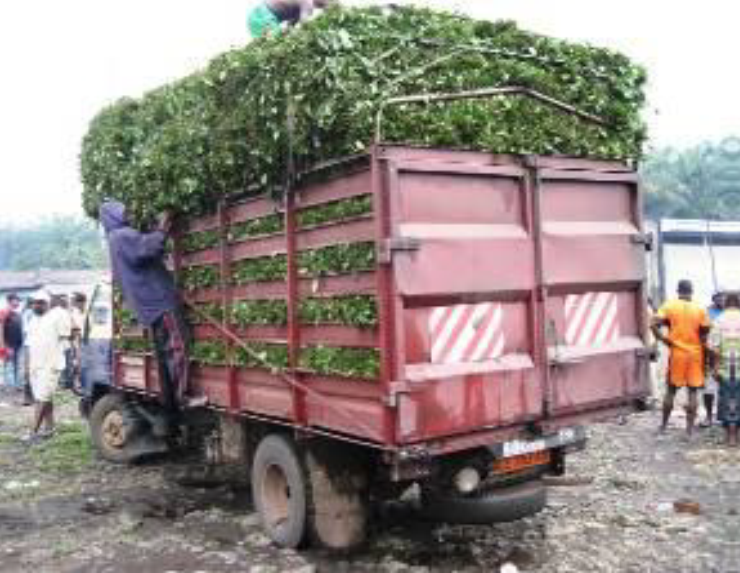How to Produce Educative Radio Programs on Biodiversity Conservation (2015)
Partner:
- WWF Russel E-Train Education for Nature Program (EFN), Washington D.C., USA.
Project Objective:
- To mitigate the over-exploitation of forest plant-based food resources by forest-dependent communities along the newly constructed Pan-African Highway, which traverses the tropical rainforest zone of the Southwest Region of Cameroon, extending from Nigeria.
Key Achievements:
- Capacity Building:
Trained 16 community radio broadcasters in intra-linguistic translation, enabling them to simplify and effectively communicate complex climate change scientific jargon to their local audiences.
- Networking:
Established a Regional Association of Community Radio Journalists for Biodiversity Reporting to foster collaboration and knowledge sharing among broadcasters.
- Knowledge Products:
Published a "Community Radio Handbook on the Production of Radio Programs on Biodiversity" to serve as a practical guide for journalists.
- Multimedia Production:
Produced and projected a 26-minute video documentary, "Deeds and Misdeeds in the Forests of Cameroon," highlighting forest resource crimes
Impact Spotlight:
Enhanced Knowledge and Skills
The workshop significantly improved the knowledge and skills of participating community radio journalists, enabling them to communicate effectively about biodiversity:
Obi Joseph, Voice of Manyu Community Radio (VOM): At first, biodiversity felt vague to me, linked to wildlife and poaching. Now, I understand it's about our survival. We destroy it, we destroy ourselves.
Amban Costela, Dangore Community Radio: The question of losing forest foods like eru was unsettling. It would be catastrophic. As journalists, we must act.
George Atabong, Lebialem Community Radio: We used to rely on jargon. Now, we have the tools to break down complex concepts for our listeners.
